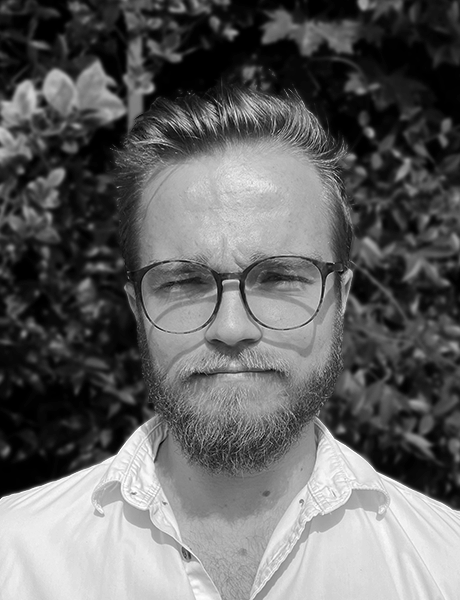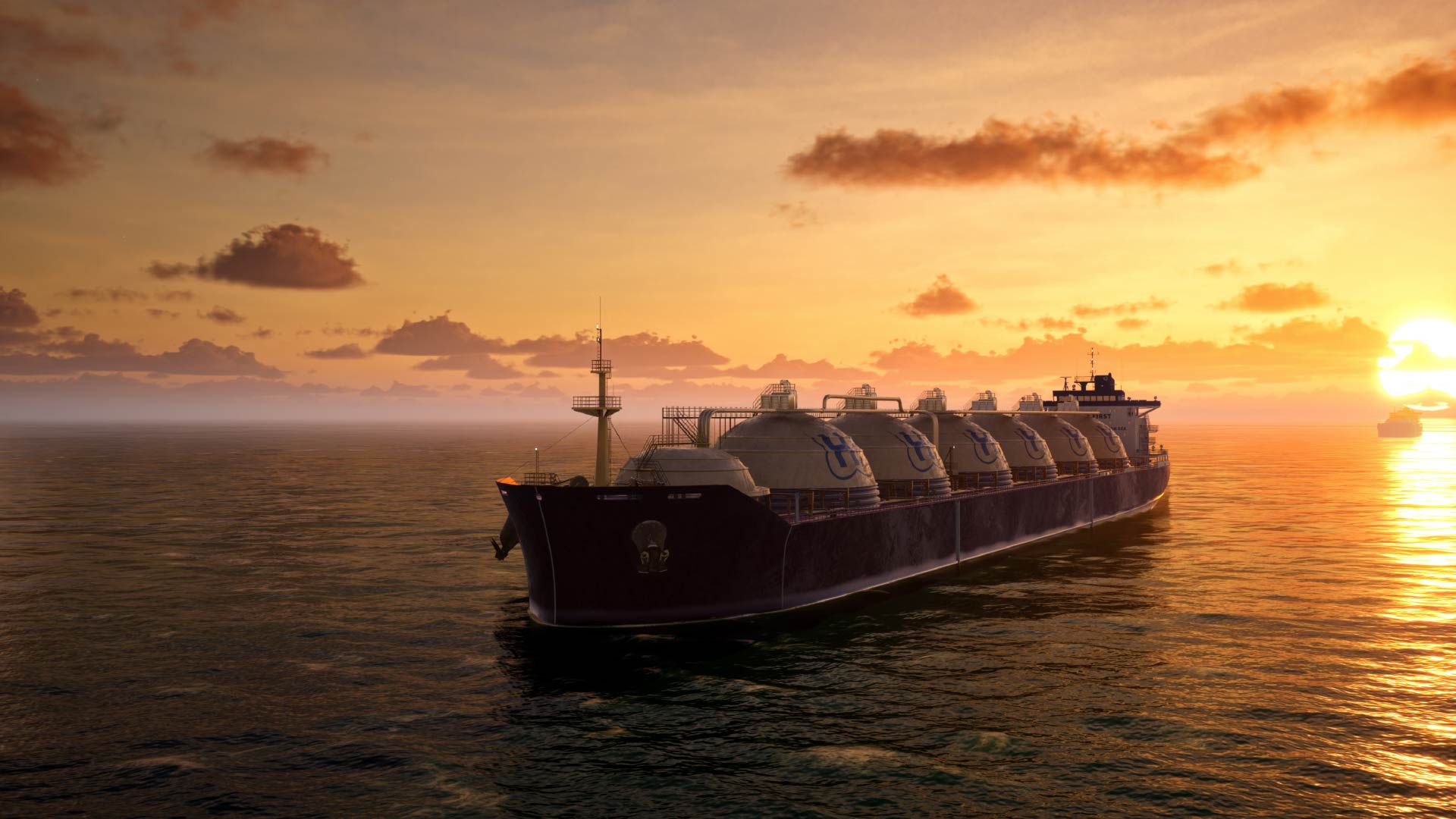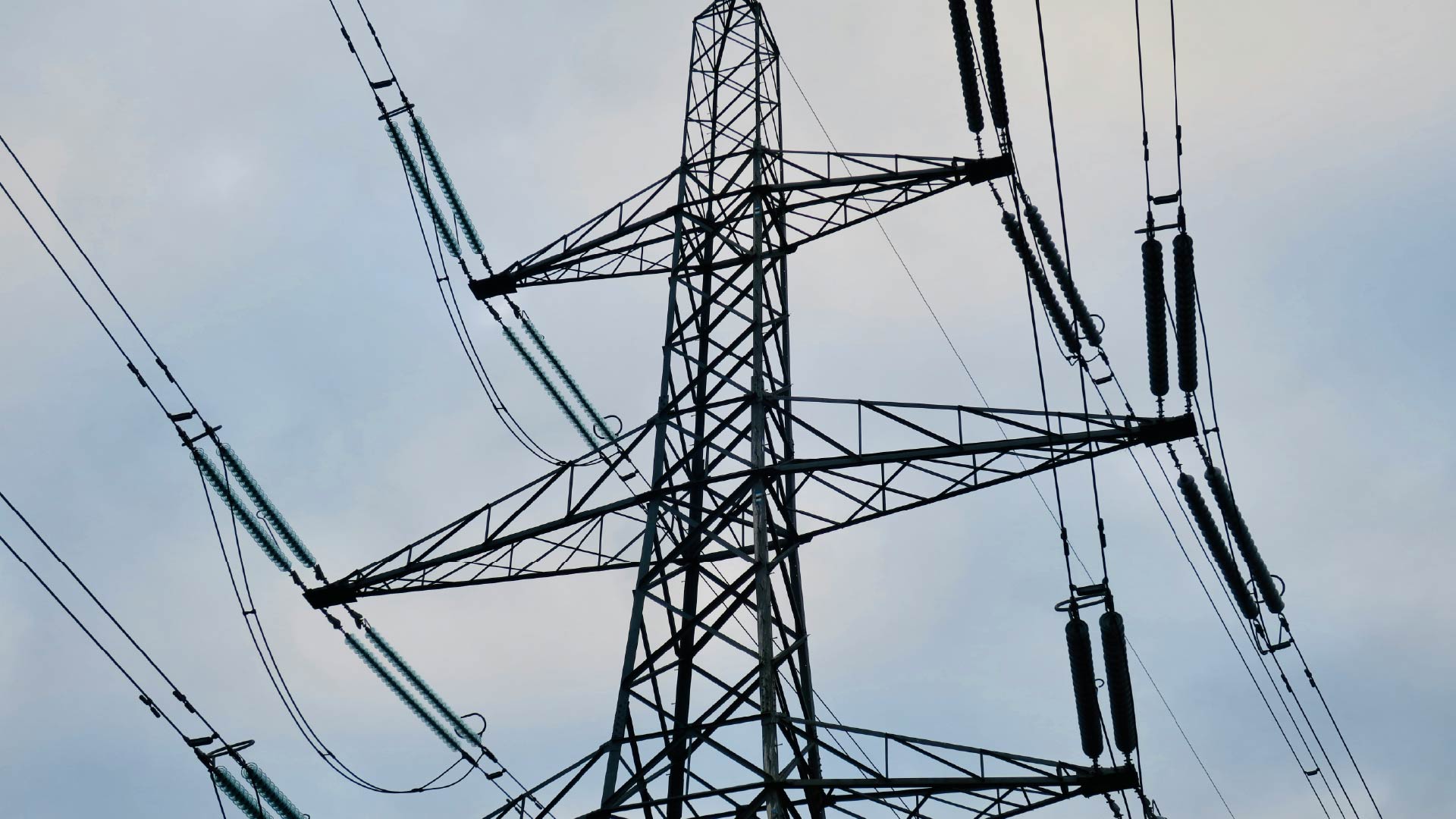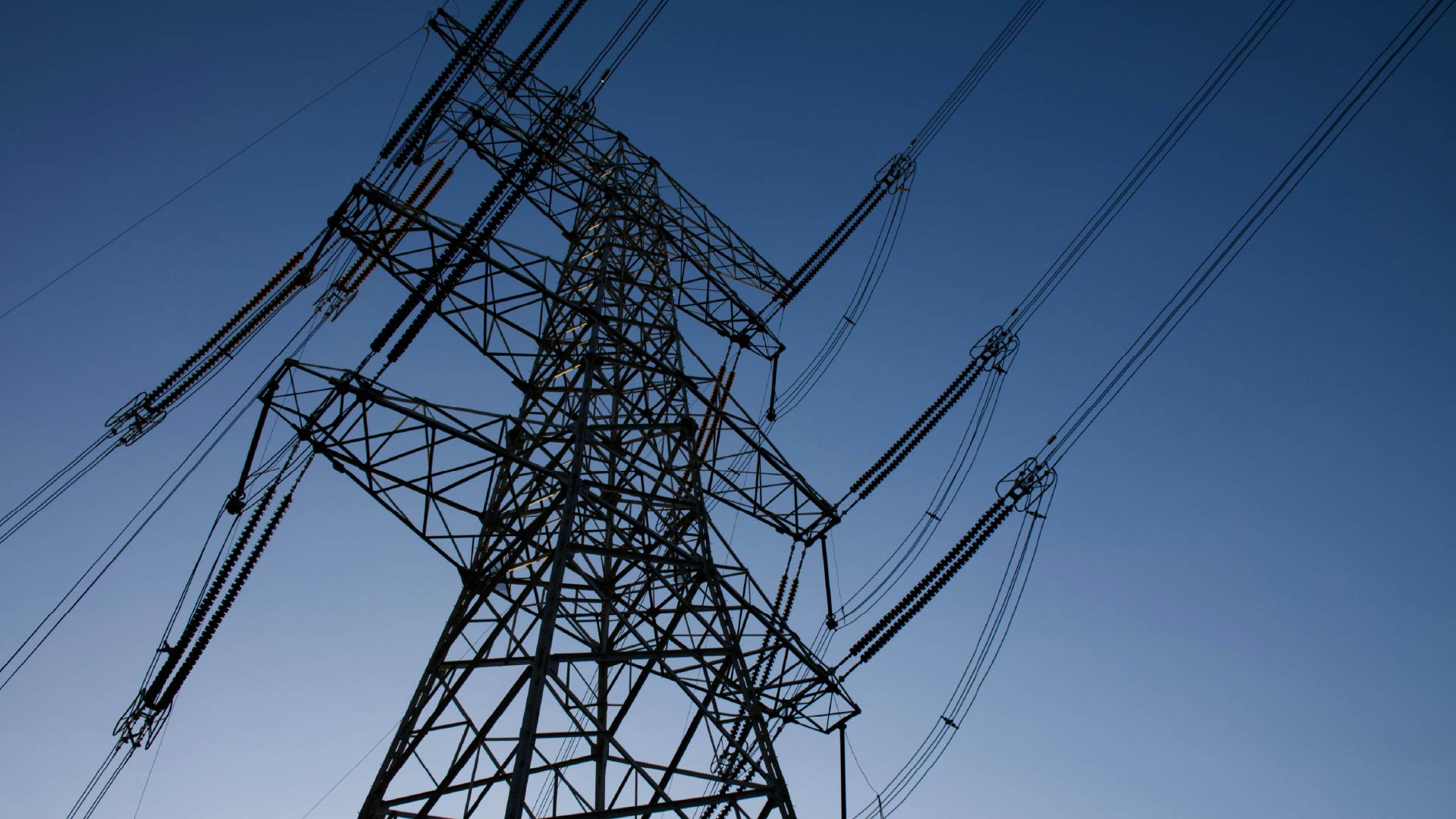The Sky’s The Limit: Despite A Surge In The Market, Sustainable Flight Is Still A Distant Prospect

Alastair Foyn
The third quarter of 2022 saw an increase in funding for sustainable aviation fuels (SAFs). This was matched by a flurry of activity in the sustainable aviation industry, from the certification of electric propulsion systems to long-term fuel deals. Is the sustainable aviation market about to take-off?
In 2021, the SAFs market was valued at USD $219 million, and this is expected to grow 60.8% per year to USD $15.7 billion by 2030. This projected growth rate is supported by a plethora of governmental policies and industry promises; for example, in late 2021 the UK Government mandated that 10% of all aviation fuel used in the UK should come from sustainable sources by 2030. In October Air-France-KLM agreed to buy 440 million gallons of SAF between 2023 and 2036. And Lanzajet, a US-based leader in the SAF industry, committed to scale its production to 1 billion gallons per year by 2030.
Unfortunately, net zero air travel’s still a dream. The UK aviation industry’s pledge to get to net zero carbon emissions by 2050 coincides with a projected 65% increase in passenger numbers; the UK’s yet to reduce carbon emissions from aviation any year that passenger numbers rose. 37% of the UK’s planned carbon emissions savings depend on abatements outside of the aviation industry and 19% on improvements in efficiency of aircraft and operations that often either don’t exist or aren’t commercially viable (see below).
Further, SAFs alone will apparently account for 17% of the UK’s carbon emissions savings, but – despite SAF’s progress – the scale of the demand dwarfs it. The global aviation industry currently uses over 100 billion gallons of fuel per year, and SAF only accounted for 30 million gallons (2021). The industry is far from making a dent in its emissions.
Heads of sustainability: Don’t expect to see no- or low-carbon air travel in the near future. Seek either to avoid this source of scope 3 emissions by limiting air travel or use appropriately rigorous offsetting strategies.
About The Author

Alastair Foyn
Analyst





